When I think about short fiction, it's not just great collections that come to mind, but particular stories. I can summon titles that open again in my memory like fans: Grace Paley's "Wants," James Baldwin's "Sonny's Blues," Colum McCann's "Fishing the Sloe-Black River," Tillie Olsen's "I Stand Here Ironing," Jim Shepard's "Batting Against Castro," T.C. Boyle's "Beat," Yasunari Kawabata's "First Snow on Fuji," Jamaica Kincaid's "Girl." We don't memorize short stories like we do poems, but something tangible, recoverable, does linger from the stories that strike us most deeply.
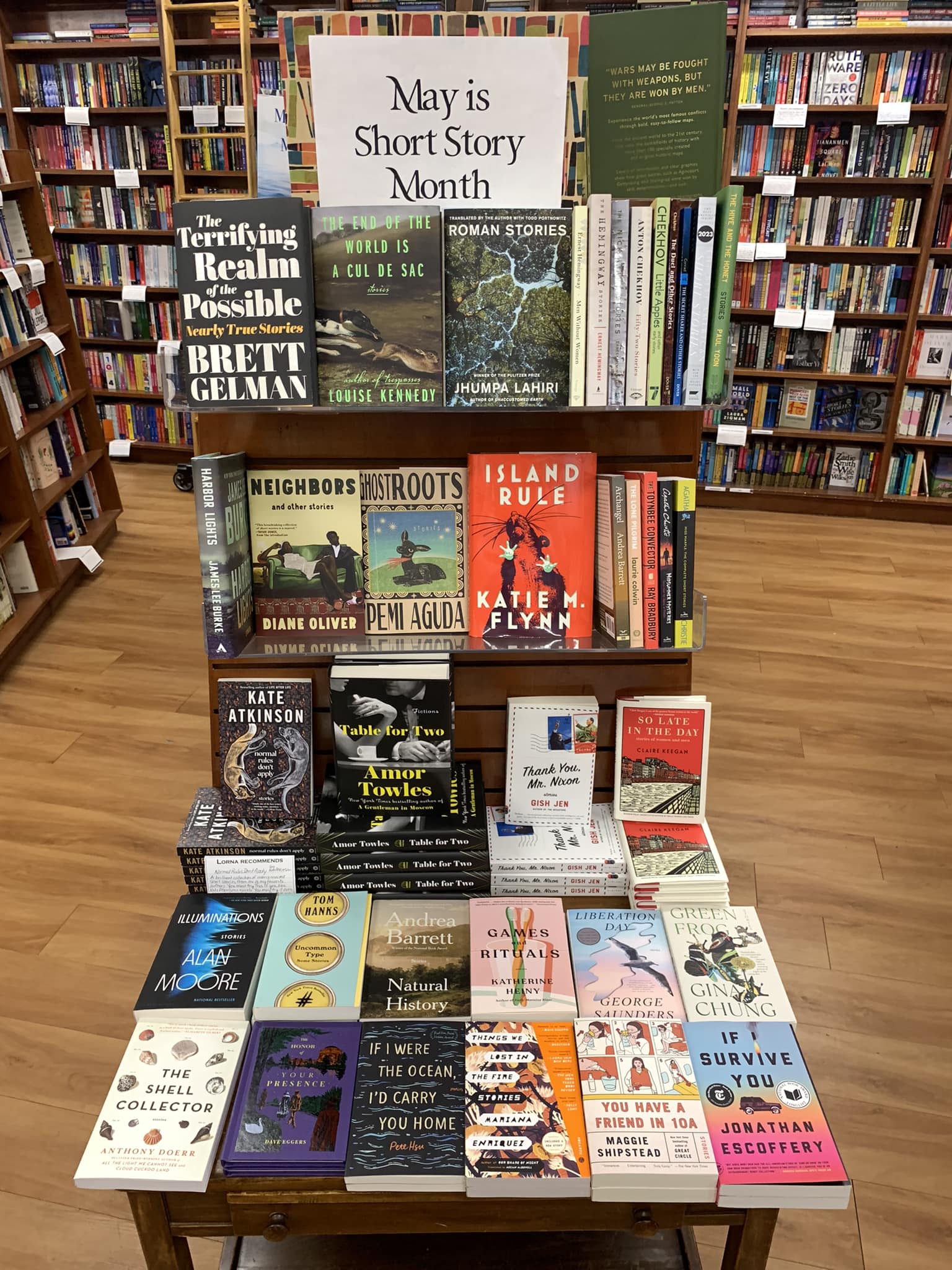 May is Short Story Month, and while it doesn't get the press attention that Poetry Month does, many bookshops do create displays, including Wellesley Books, Wellesley, Mass.: "Don't let it slip by without trying one of these collections of gems. There are so many reasons to love the short story and there are just as many masters of the genre on our display."
May is Short Story Month, and while it doesn't get the press attention that Poetry Month does, many bookshops do create displays, including Wellesley Books, Wellesley, Mass.: "Don't let it slip by without trying one of these collections of gems. There are so many reasons to love the short story and there are just as many masters of the genre on our display."
Or they share their enthusiasm for the form on social media as Stories Like Me, Pittsburgh, Pa., did: "We'll keep this short: read more short stories! Need a recommendation for Short Story Month? We've got 'em!"
Or maybe a bookshop's owner, someone like author Emma Straub of Books Are Magic, Brooklyn, N.Y., pays tribute to an iconic short story writer: "I started reading Alice Munro because Lorrie Moore told me to, a good reason to do anything. A Canadian goddess with a voice like a laser beam. Funny, heart wrenching, and true. Thank god she left us with so much to read. We've got them waiting for you. Rest in peace, Alice Munro, and thank you."
When she was awarded the 2013 Nobel Prize in fiction, Munro, who died May 13, said, "I would really hope this would make people see the short story as an important art, not just something you played around with until you got a novel."
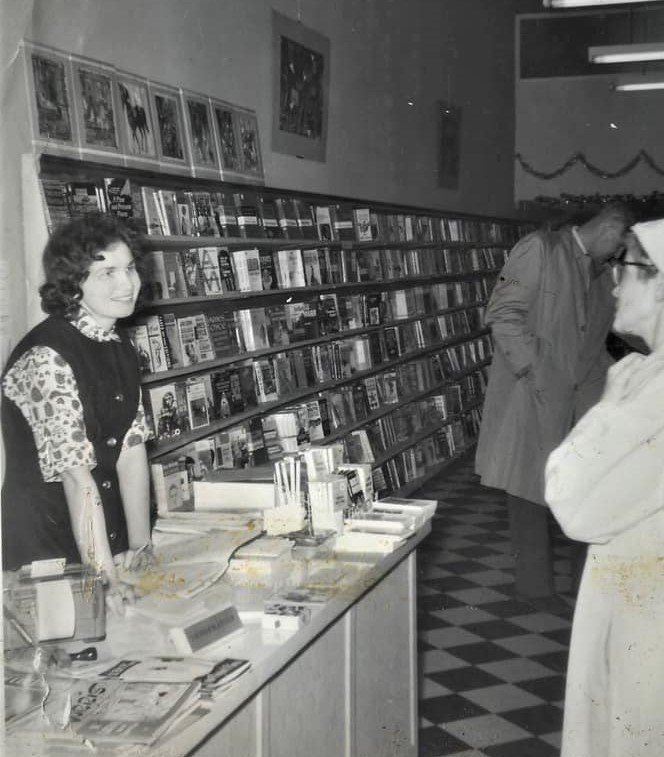 |
Alice Munro at the original Munro's Books
(photo courtesy Munro's Books) |
Strangely enough, I found myself wondering this week what Alice's handselling technique for story collections might have been when she worked as a bookseller. In 1963, she and her then husband, Jim Munro, founded Munro's Books in Victoria, B.C. Legend has it that Alice began writing after she had read books in the shop and thought: "I can write better books than this." The reality is that she published her first story more than a decade before that. Still, there is this great photo of Alice behind the counter. I like to think she's trying to figure out how to handsell a story collection to that customer.
The Munros divorced in 1972, but Jim continued to run the bookshop until his retirement in 2014. He died in 2016. Earlier this month, Munro's Books marked Alice's passing with a tribute that said, in part: "Long before she went on to change the landscape of fiction at large, a young Alice was planting the seeds of literature here in Victoria. In 1951, she married Jim Munro, gaining the surname that would follow her into fame. Twelve years later, Munro's Books opened at its original location on Yates Street. A photo from that period shows a young clerk looking up from a cluttered front desk to chat with an elderly customer. Her smile is warm, her gaze alert despite the trifecta of childcare, writing, and store duties that flooded her daily life. She is Alice in her element: a writer among books....
"[T]he pleasures of bookselling found their way into Alice's fiction, too; one story even casts a neighborhood bookshop as 'what a cabin in the woods might be to somebody else--a refuge and a justification.' What greater gift than to see our 'cabin in the woods' thus described by the words of the writer who helped lay its groundwork?"
Despite the honors and attention bestowed upon her, Munro "never stopped championing the ordinary lives of girls and women--or the undersung form of the short story, whose depths she plumbed again and again to astonishing effect," the bookshop noted.
How long is a short story? This was one of the first questions I was asked when I led a discussion group on reading stories back in the 1990s. It was a good, honest question from a book lover. I wouldn't say I answered it ("long enough" might have worked), but the group's exploration yielded hints of how great--if not how long--a story could be. We began with resistance to the call of the story, but they were still willing to show up for the meetings and our subsequent readings and conversations may even have changed--or tempered--a few of their objections to the form.
I remember having success handselling Robert Olen Butler's collection A Good Scent from a Strange Mountain, but I might have used some bookseller magic tricks (Pulitzer Prize winner, reads like a novel, etc.). The paperback edition did not even use the word stories on the cover beneath the title, which was a magic trick, too.
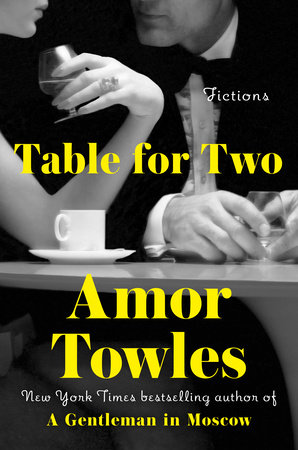 What did I read during Short Story Month this year? On vacation in North Carolina, I stopped by Malaprop's Bookstore in Asheville and bought Table for Two by Amor Towles, which is labeled "fictions" rather than stories (but IYKYK). It's quite wonderful. I'm also loving Terese Svoboda's new collection, The Long Swim.
What did I read during Short Story Month this year? On vacation in North Carolina, I stopped by Malaprop's Bookstore in Asheville and bought Table for Two by Amor Towles, which is labeled "fictions" rather than stories (but IYKYK). It's quite wonderful. I'm also loving Terese Svoboda's new collection, The Long Swim.
Whether you're a bookseller or a reader who loves short stories, however, convincing customers and friends to read a collection can be challenging. The standard response is: "I don't read short stories." The standard reasoning: "When I read a book, I want to be completely immersed in the plot and characters, and let them take me away. Stories end too soon." Here's what they don't want to hear: "You might be reading the wrong stories."
I love good short stories because I love good writing. Seems simple enough.
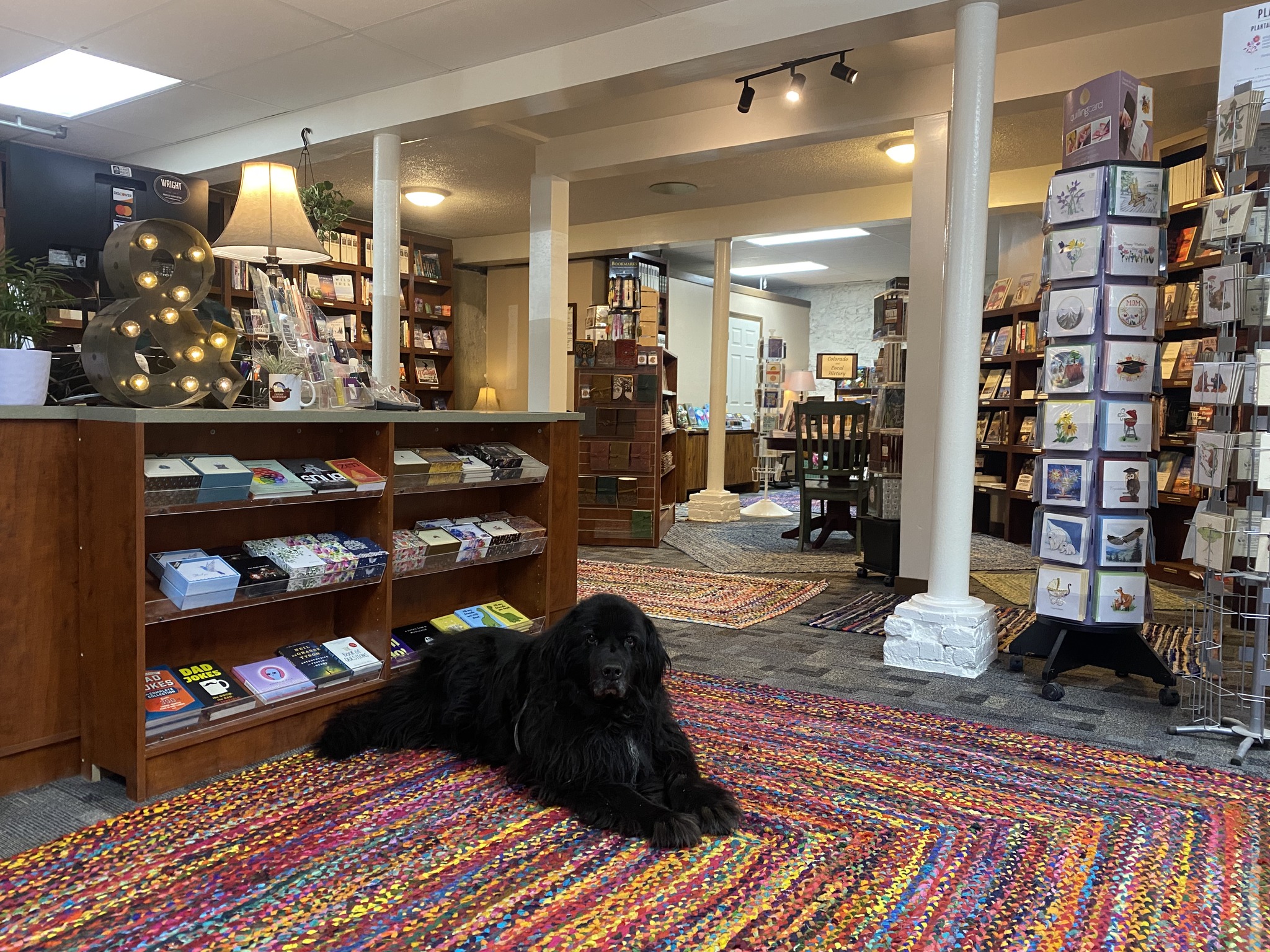










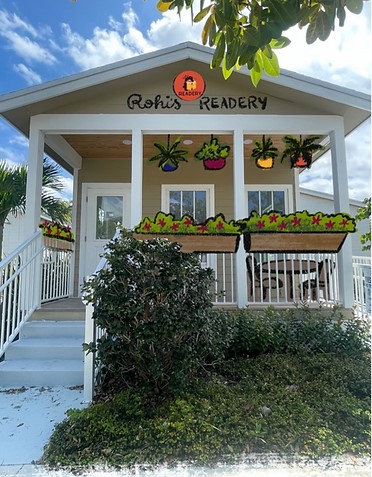

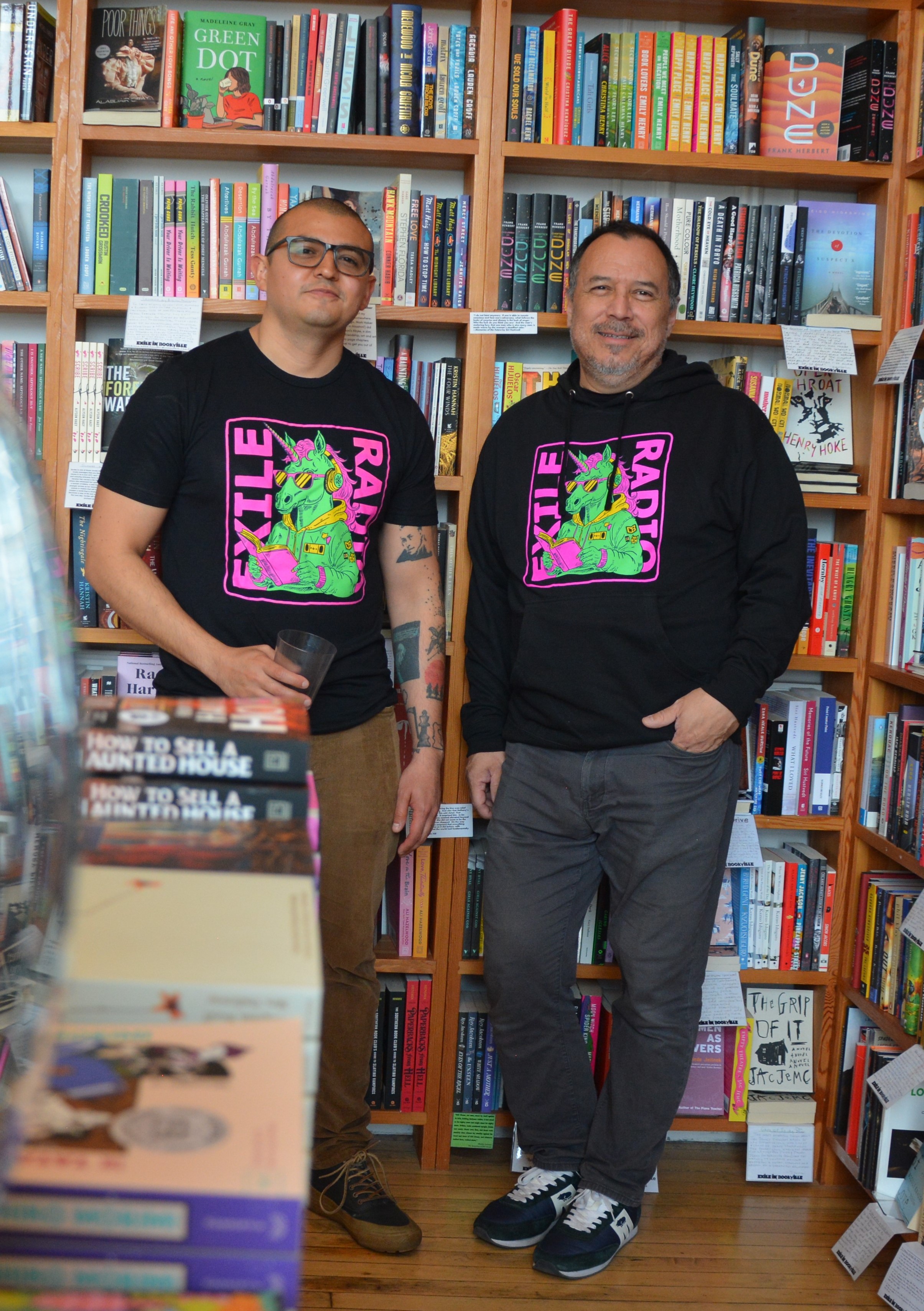

 The Booksellers Association of the U.K. & Ireland and the Publishers Association have
The Booksellers Association of the U.K. & Ireland and the Publishers Association have 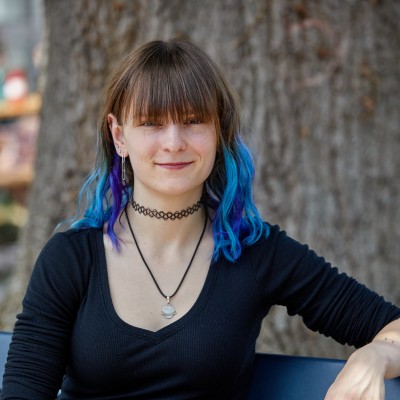
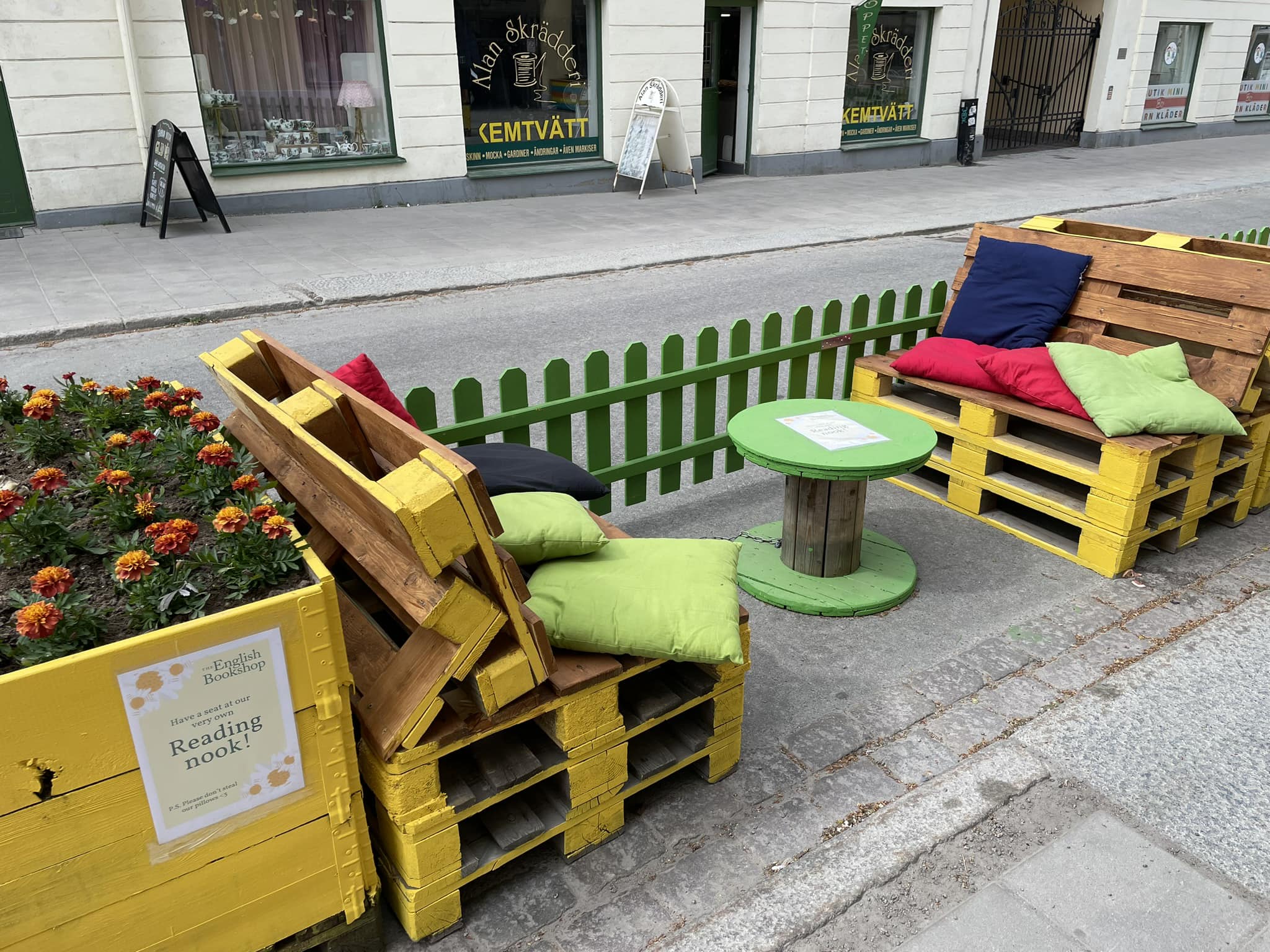 Bookseller moment at
Bookseller moment at 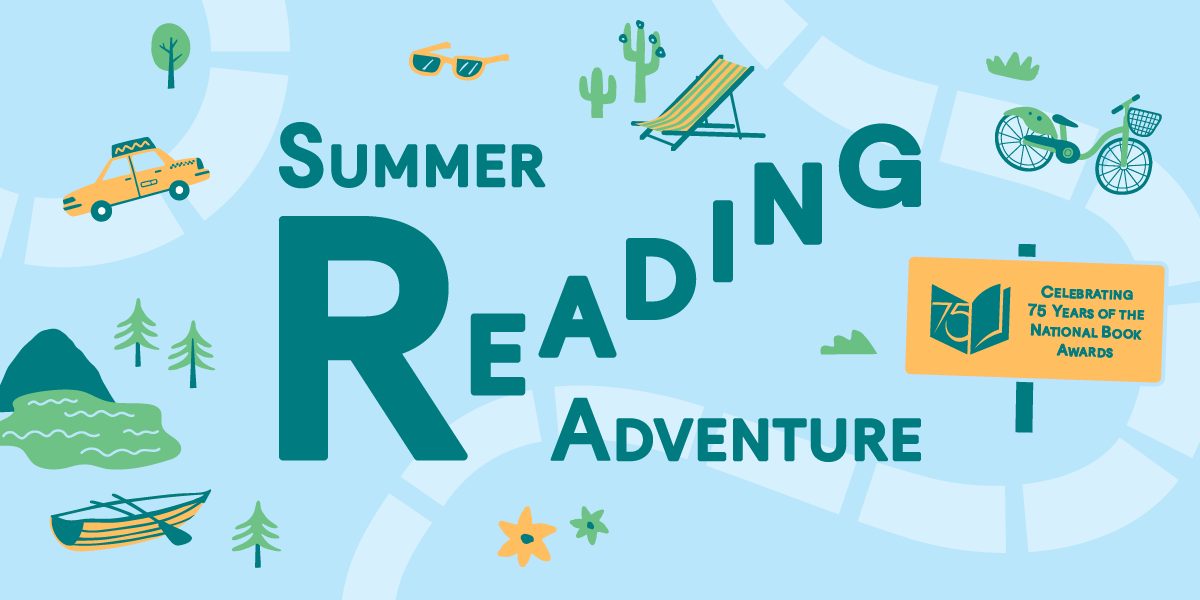 To celebrate 75 years of the National Book Awards, the National Book Foundation has launched its first
To celebrate 75 years of the National Book Awards, the National Book Foundation has launched its first 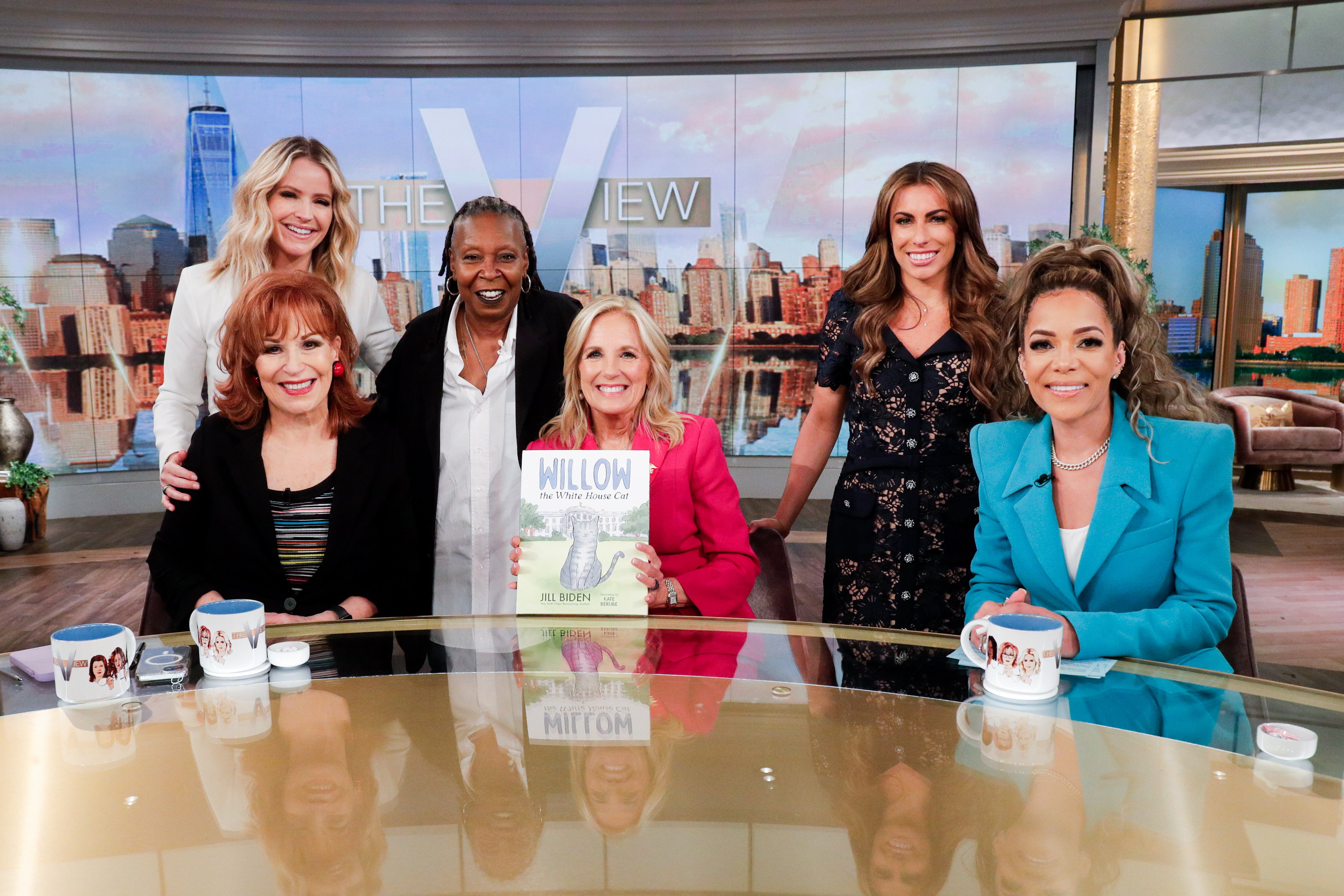 Dr. Jill Biden was interviewed on ABC's the View earlier this week for her new children's book, Willow the White House Cat (Paula Wiseman/S&S). The First Lady shared how the presidential cat came into her life while she was giving a speech at a Pennsylvania barn. Pictured: (l.-r.) Sara Haines, Joy Behar, Whoopi Goldberg, Jill Biden, Alyssa Farah, Sunny Hostin.
Dr. Jill Biden was interviewed on ABC's the View earlier this week for her new children's book, Willow the White House Cat (Paula Wiseman/S&S). The First Lady shared how the presidential cat came into her life while she was giving a speech at a Pennsylvania barn. Pictured: (l.-r.) Sara Haines, Joy Behar, Whoopi Goldberg, Jill Biden, Alyssa Farah, Sunny Hostin.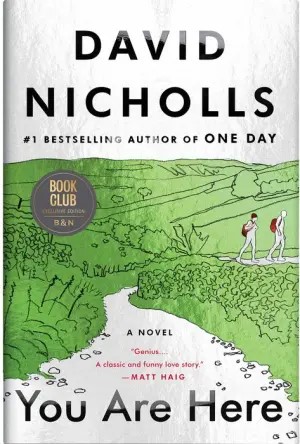
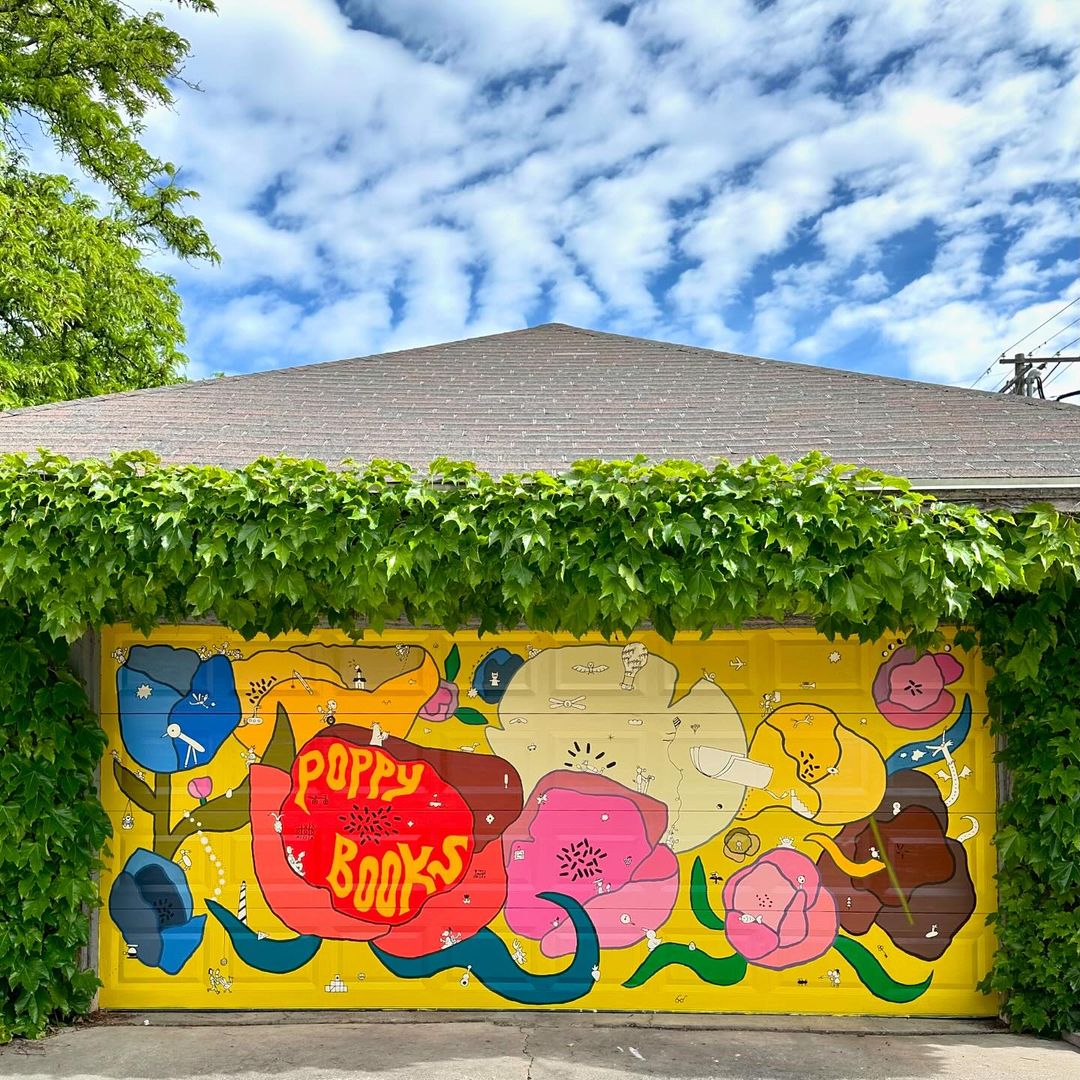 "
"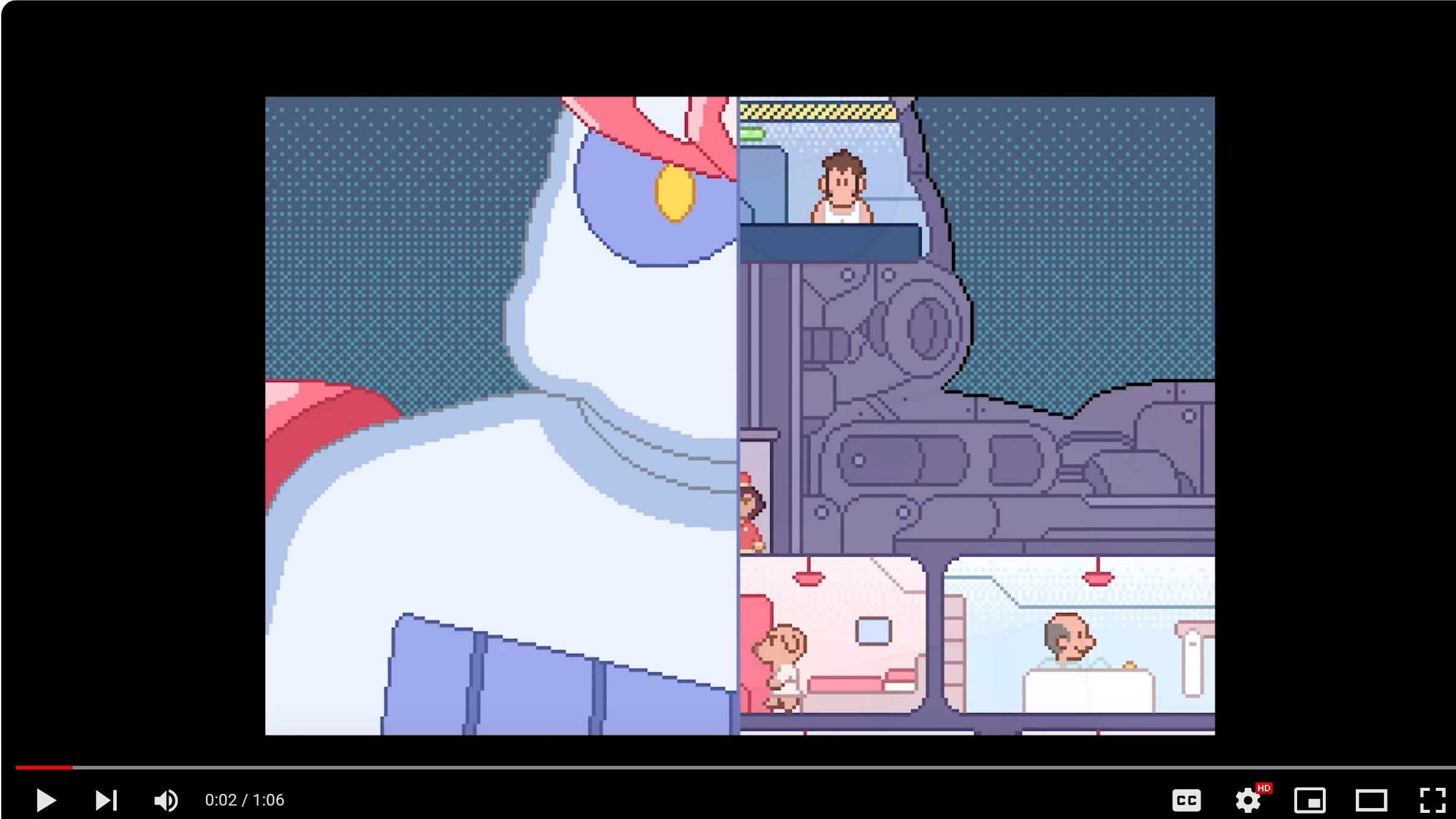 Hotelitor: Luxury-Class Defense and Hospitality Unit
Hotelitor: Luxury-Class Defense and Hospitality Unit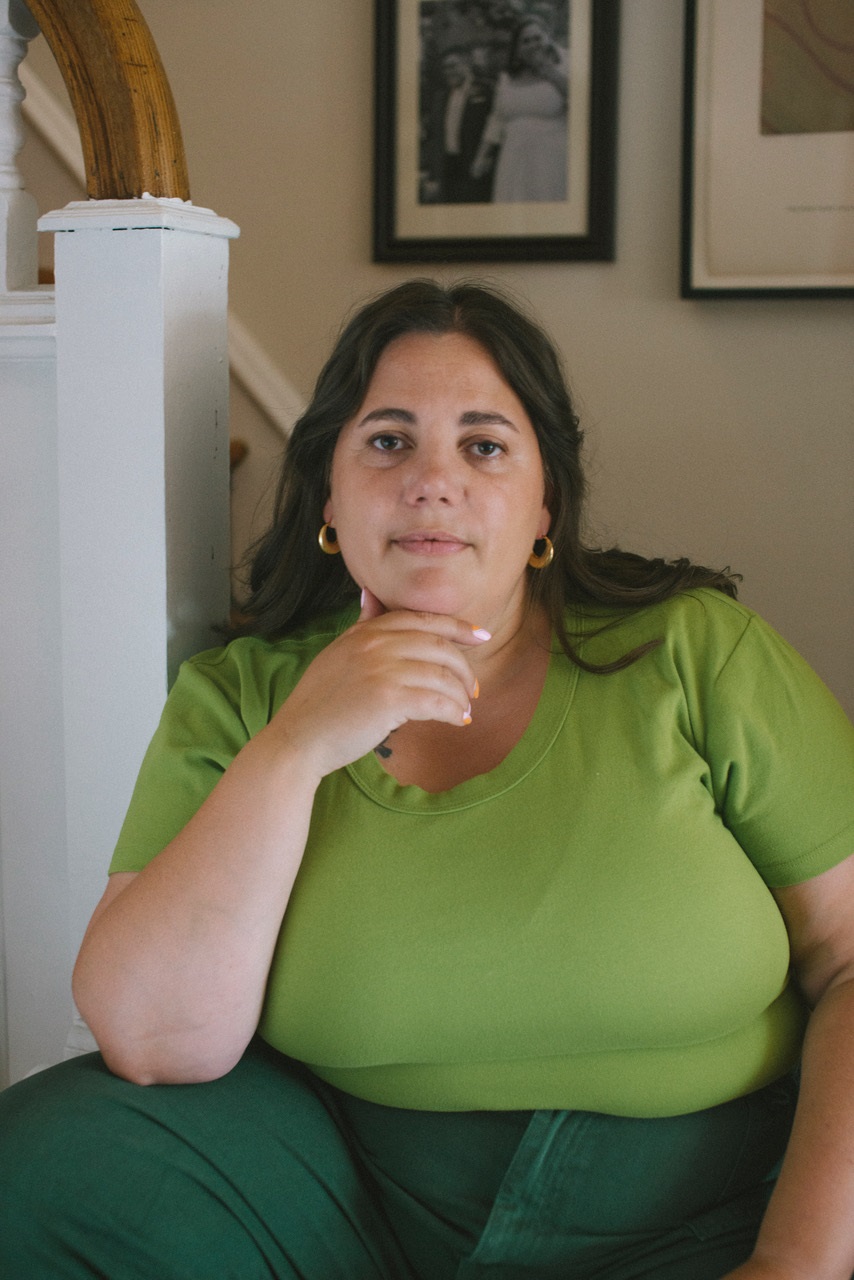
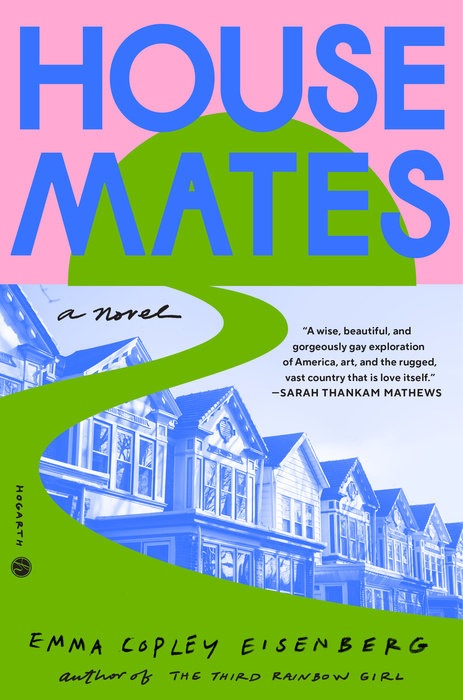 Book you're an evangelist for:
Book you're an evangelist for: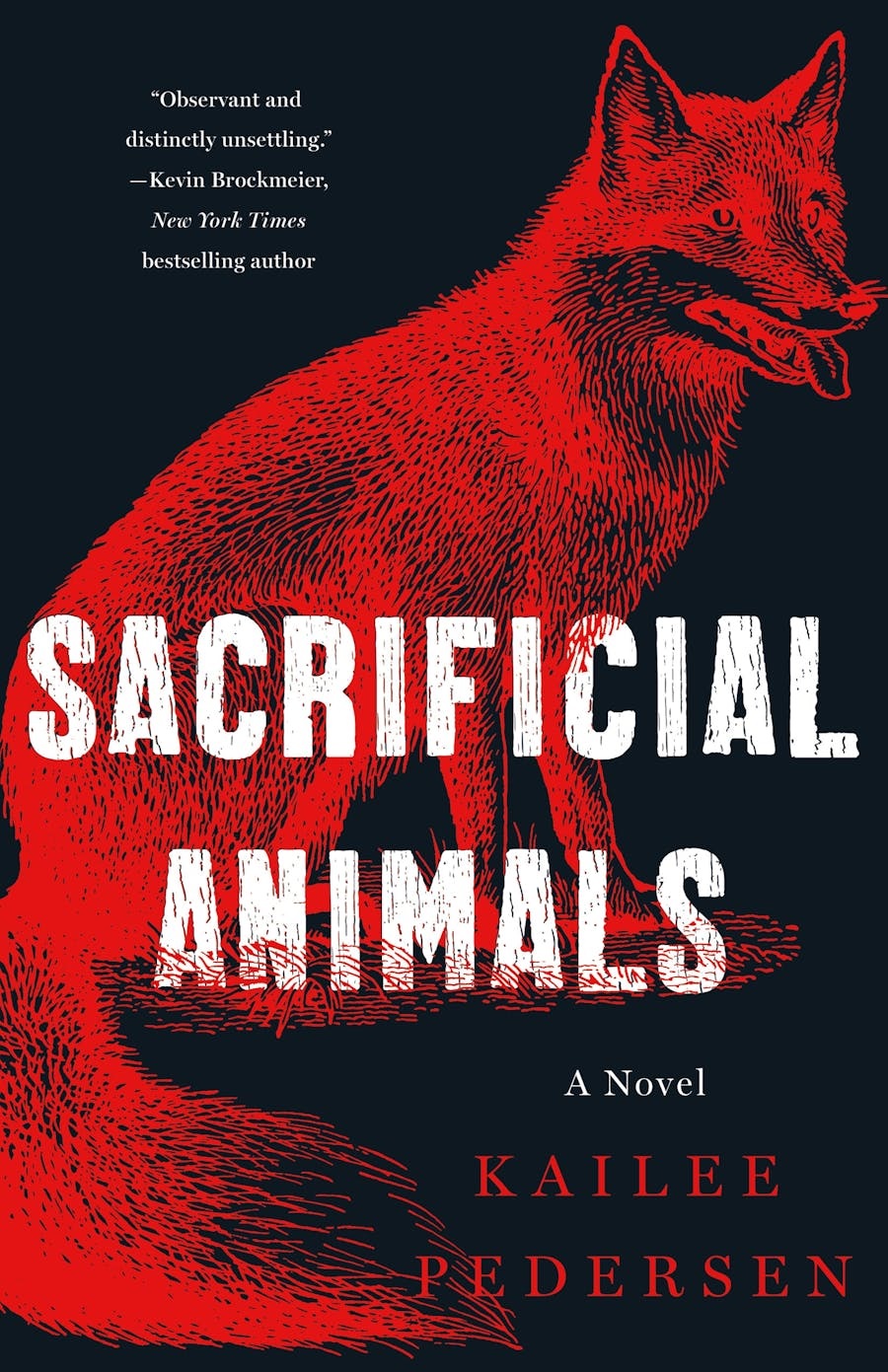 Kailee Pedersen's debut novel, Sacrificial Animals, is a lyrical and unsettling supernatural horror-thriller about the violent legacy of one Midwestern family. When Nick Morrow reluctantly returns to his abusive father's home, he must face not only the memories of his past, but also his brother, Joshua. Yet what none of them expects is that the real reckoning at hand may not be with the father both brothers obsess over, but with Joshua's enigmatic and alluring wife.
Kailee Pedersen's debut novel, Sacrificial Animals, is a lyrical and unsettling supernatural horror-thriller about the violent legacy of one Midwestern family. When Nick Morrow reluctantly returns to his abusive father's home, he must face not only the memories of his past, but also his brother, Joshua. Yet what none of them expects is that the real reckoning at hand may not be with the father both brothers obsess over, but with Joshua's enigmatic and alluring wife.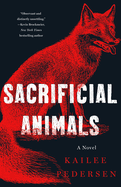


 What did I read during Short Story Month this year? On vacation in North Carolina, I stopped by
What did I read during Short Story Month this year? On vacation in North Carolina, I stopped by